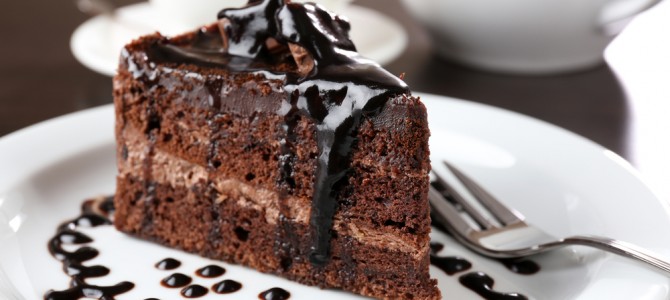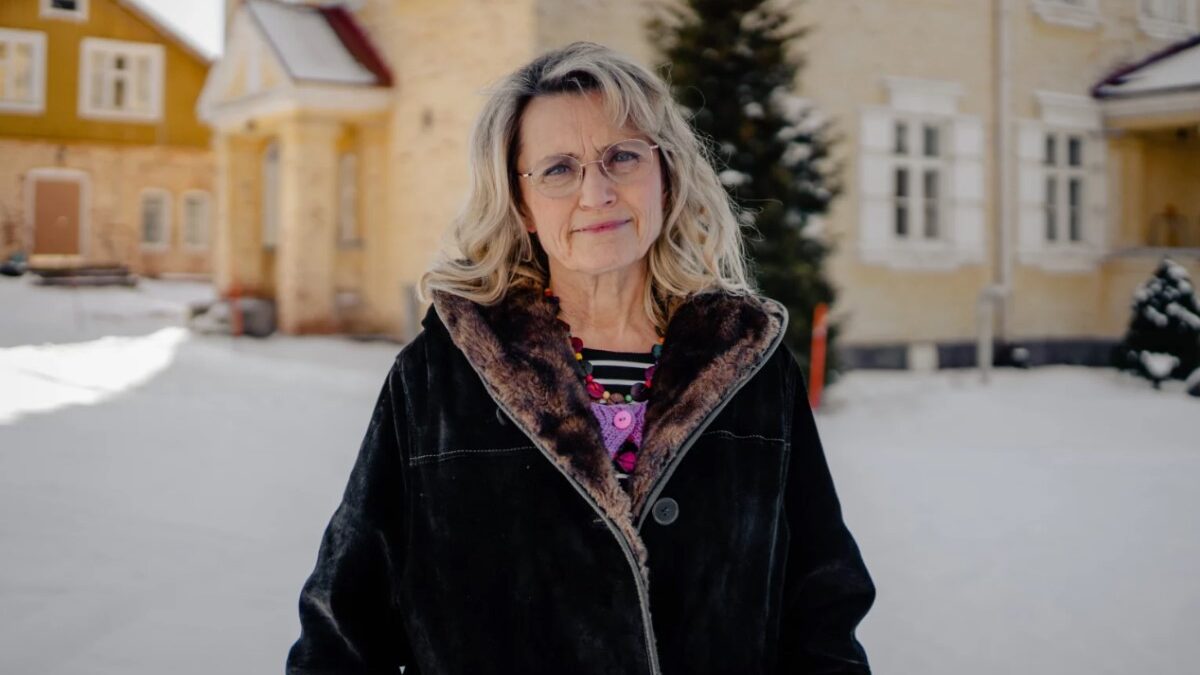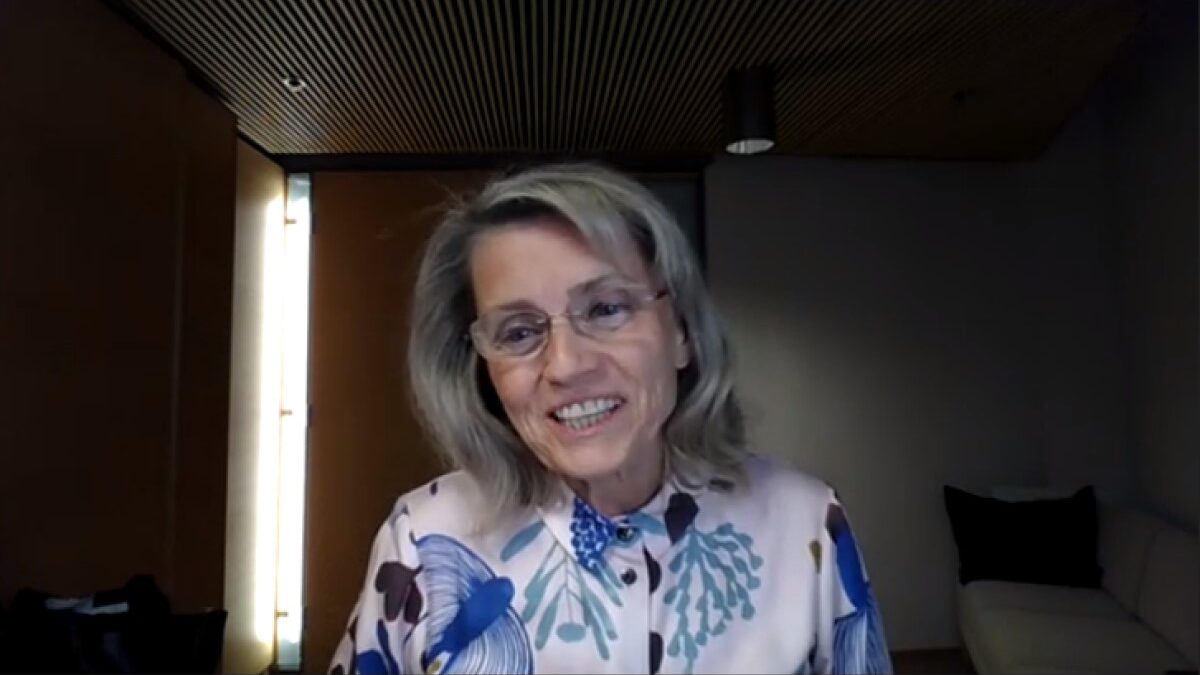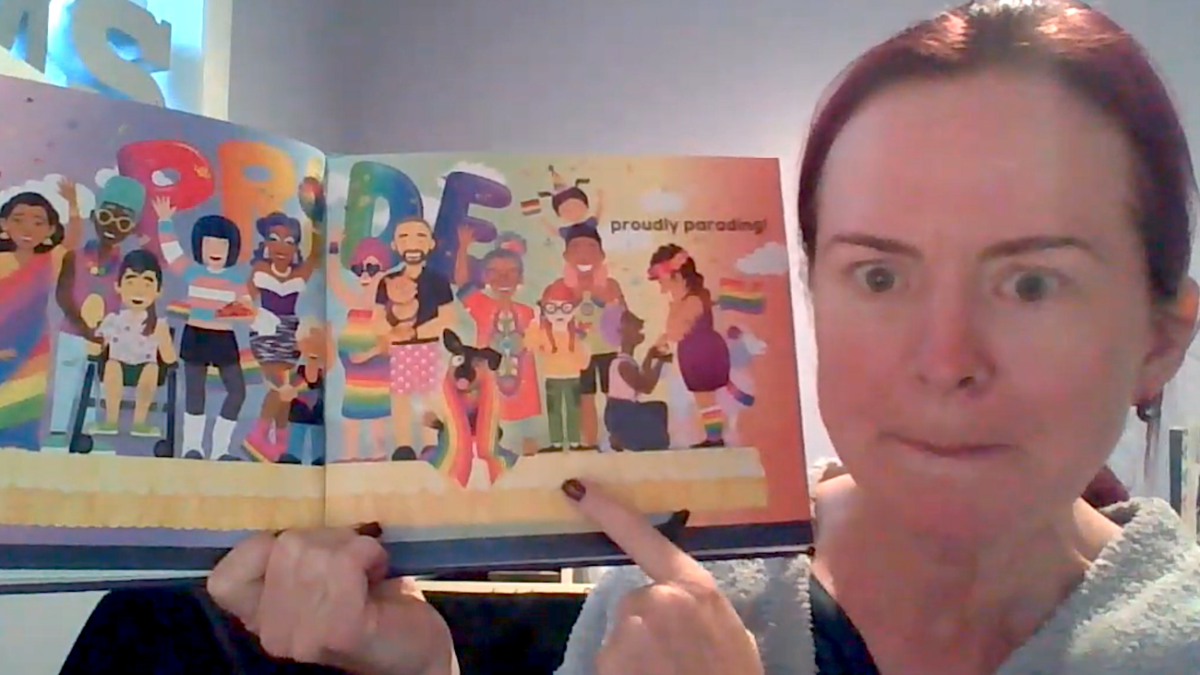
The Supreme Court ruled Monday a Colorado baker does not have to make a wedding cake for a gay couple in Masterpiece Cake shop vs. Colorado Civil Rights Commission. The ruling seems like a big victory for religious freedom and free speech, but a closer read of the court’s opinion shows three takeaways from the ruling conservatives can’t afford to ignore.
First, let’s recap: Jack Phillips is a devout Christian and the owner of Masterpiece Cake shop in Lakewood, Colorado. In 2012, Charlie Craig and Dave Mullins, a gay couple, came to the shop to order a wedding cake. Phillips said that he would sell the couple a cake for a shower or any other baked goods in his shop, but he couldn’t make a wedding cake for the same-sex couple because of his religious-based opposition to same-sex marriage, which Colorado itself deemed illegal in 2012.
The couple filed a charge with the Colorado Civil Rights Commission alleging discrimination on the basis of sexual orientation in violation of the Colorado Anti-Discrimination Act. The Commission ruled in the couple’s favor. But Jack argued that the commission’s order violated his constitutional rights to freedom of religion and freedom of speech.
Jack deemed that using his artistic skills to create a wedding cake is a form of speech. The case went through Colorado state courts which affirmed the Civil Rights Commission’s ruling and its enforcement order. Eventually the case landed in the Supreme Court, which reversed those rulings.
Now, here are the takeaways.
1. The Ruling Is Narrow, Which Could Spell Trouble Down The Road
While the ruling favors Phillips 7-2, the majority opinion delivered by Justice Anthony Kennedy is based on very narrow ground. The court’s majority found it is difficult to support the argument that the Civil Rights’ Commission’s order violated his free speech and free exercise of religion.
“The free speech aspect of this case is difficult, for few persons who have seen a beautiful wedding cake might have thought of its creation as an exercise of protected speech,” Kennedy wrote. The majority found the same difficulties arise in determining whether Phillips has a valid free exercise claim, because as a business owner his right to exercise religion might be “limited by generally applicable laws.”
Instead, the majority rests its ruling in favor of Phillips on the narrow ground that the Colorado Civil Rights Commission’s consideration of this case was inconsistent with the state’s obligation to religious neutrality required by the Constitution.
The court gave several examples of the “impermissible hostility” Phillips received from the Civil Rights Commission. For instance, at a public hearing in 2014, one commissioner disparaged his religious beliefs: “Freedom of religion and religion has been used to justify all kinds of discrimination throughout history, whether it be slavery, whether it be the holocaust, whether it be — I mean, we — we can list hundreds of situations where freedom of religion has been used to justify discrimination. And to me it is one of the most despicable pieces of rhetoric that people can use to — to use their religion to hurt others.”
The court found, “This sentiment is inappropriate for a commission charged with the solemn responsibility of fair and neutral enforcement of Colorado’s anti-discrimination law — a law that protects discrimination on the basis of religion as well as sexual orientation.” Thus, “it is proper to hold that whatever the outcome of some future controversy involving facts similar to these, the Commission’s actions here violated the Free Exercise Clause; and its order must be set aside.”
I agree with the court that the Colorado Civil Rights Commission acted unfairly and not in a neutral way. But since this is the only ground the Supreme Court rests this case on, it leaves the door open for government agencies to require business owners to provide services for people or events they have religious objections to, as long as these agencies can show that they apply their anti-discrimination law fairly and neutrally. Should this happen, the ruling on Masterpiece is hardly a win.
2. If Only Justice Gorsuch’s Concurrences Were The Majority Opinion
While the majority ruled on a narrow ground, the two concurrences Justice Neil Gorsuch participated in went much further. He joined Justice Samuel Alito in writing a concurring opinion that supports the majority’s ruling. They went further than the majority, however, by calling out their most liberal colleagues, Justice Ruth Bader Ginsburg and Justice Sonia Sotomayor: “In the face of so much evidence suggesting hostility toward Mr. Phillips’s sincerely held religious beliefs, two of our colleagues have written separately to suggest that the Commission acted neutrally toward his faith when it treated him differently from the other bakers — or that it could have easily done so consistent with the First Amendment. But, respectfully, I do not see how we might rescue the Commission from its error.”
Gorsuch and Alito added: “The only reason the Commission seemed to supply for its discrimination was that it found Mr. Phillips’s religious beliefs ‘offensive.’ That kind of judgmental dismissal of a sincerely held religious belief is, of course, antithetical to the First Amendment and cannot begin to satisfy strict scrutiny … In this country, the place of secular officials isn’t to sit in judgment of religious beliefs, but only to protect their free exercise.”
While the majority found it difficult to support the claim on free speech, Gorsuch joined Justice Clarence Thomas to support the claim in another concurrence. The justices point out that although public-accommodations laws generally regulate conduct, particular applications of them can burden protected speech. In addition, certain conduct may qualify as speech because it is “intended to be communicative” and, “in context, would reasonably be understood by the viewer to be communicative.”
Based on that definition, both justices found that creating and designing custom wedding cakes is expressive. In addition, a wedding cake is more than a combination of milk, eggs and flour. The cake communicates a message that “a wedding has occurred, a marriage has begun, and the couple should be celebrated.” Thus they concluded that “the use of his artistic talents to create a well-recognized symbol that celebrates the beginning of a marriage clearly communicates a message.” Therefore, they find his refusal to bake the wedding cake for the same-sex couple is a form of protected free speech.
“States cannot punish protected speech because some group finds it offensive, hurtful, stigmatic, unreasonable, or undignified,” Gorsuch and Alito wrote.
Had the concurrences been the majority opinion, the win would stand on more solid ground, and the ruling would have served as a precedent for future cases.
3. Elections Matter
Phillips has every reason to celebrate this hard fought win, even if it is narrow. Many other small business owners, like the florists and photographers who are in similar situations to his have folded, but Phillips religious belief and his perseverance have kept him fighting for six years. Had he given up, besides baking, he would have had to spend time preparing “quarterly compliance reports,” documenting “the number of patrons denied service” and why, along with “a statement describing the remedial actions taken,” per the order by Colorado Civil Rights Commission.
Phillips is also fortunate that his case reached the Supreme Court when a Republican occupies the White House and appointed a conservative justice to the Court. If anything, this case is an affirmation that elections matter and we need more justices like Gorsuch and Thomas who strictly interpret the Constitution based on its original intent. This case should motivate more Republicans to get out and vote this coming November.
While this case is a win for Phillips, it shouldn’t be viewed as a loss for the gay community. Contrary to some liberal talking points, the ruling didn’t legalize discrimination on religious grounds. As all justices recognized, “Our society has come to the recognition that gay persons and gay couples cannot be treated as social outcasts or as inferior in dignity and worth. For that reason the laws and the Constitution can, and in some instances must, protect them in the exercise of their civil rights.” The ruling of the Masterpiece case is only an affirmation that, “At the same time, the religious and philosophical objections to gay marriage are protected views and in some instances protected forms of expression.”









